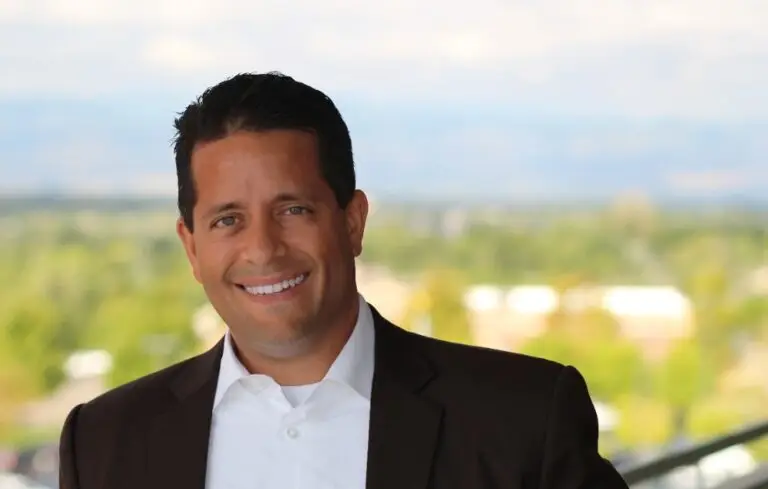2. ENGAGE AND EVALUATE AT THE TEAM LEVEL
For those who thought simply increasing the frequency of performance reviews might be the answer, Marcus Buckingham, founder of The Marcus Buckingham Company, a global provider of performance solutions, offers a resounding negative. “That’s actually going to make things worse before they get better. The first problem isn’t frequency; it’s who the heck is this for?”
Buckingham believes engagement should be driven by team leaders, not by central HR or even the C-suite.
What employees want isn’t feedback necessarily, he explains, but coaching and steering in the right direction. “Think about what people yearn for—positive attention that helps me get better. That’s a 180-degree flip from these ranking systems. HR risks becoming increasingly irrelevant by making it all about feedback when, in fact, we’re looking for attention from someone who wants us to grow,” says Buckingham, who worked with Preston as Deloitte was reinventing its performance management system.
One of the big changes in the 21st century has been that teams are no longer static within divisions or silos. Much more often, teams are dynamically organized, with members of different departments and even contract or consultant workers coming together to collaborate on a project for a particular client. “Companies are becoming like Hollywood film sets,” says Buckingham. “You bring people together from across the country for a year or one month to get a bunch of things done for a customer. Then, they go off and work with other people.” Even in retail stores with more traditional organizational charts, he says, cross-functional teams collaborate on things like merchandising.
Therefore, evaluating employees based on the org-chart team layout won’t accurately depict what is really going on. In fact, the variation is so great from team to team that the “Best Places to Work” surveys that frequently tout winners like Google and Apple often tell an inaccurate story, Buckingham charges. “There is no one culture at Google or at Apple or any company because the experience of what it’s like to work there varies so much by team. And if you’re the CEO, you want to see that variation, the spread, the scatterplot.”
After Adobe eliminated the stack-ranking system it had previously used to reward top performers, the company also changed the system for awarding incentive pay. Instead of HR providing a budget for compensation with parameters based on rankings and ratings, managers are given a budget and left to determine how it’s distributed, putting much more autonomy at the team leader level.
3. DEVELOP YOUR BEST PEOPLE, AND RECOGNIZE THEM
Upward mobility has always been a key draw; but today’s employees want to see specifically where they might track upward from their current roles and what sort of training and development they’ll receive to get there. Too often, the support to progress is lacking, creating a frustrating experience for Millennials, says Dan Schawbel, managing partner of consultancy Millennial Branding and partner and research director at Future Workplace, an executive development firm. “The No. 1 complaint Millennials have is they’re unprepared for their roles as managers. They’re moved into roles quickly, but they’re not prepared and are not as successful, as a result.”
When training and leadership development is not made a priority, emerging leaders are essentially set up to fail. “This is something that drives me crazy,” says Anderson. “If somebody is going to be a lawyer, they go to law school and they have to pass the Bar. But if someone wants to be a manager, they walk into the boss’s office and the boss says, ‘Congratulations! You’re managing a team of three. Let me know if you have any problems.’”
While some people are born leaders, most are made, she says, adding that the leadership qualities that can help an emerging good leader become a great one are teachable. Investing in education—whether one-on-one coaching or leadership training via a business school program or other form—can be a great way to let employees know you are willing to invest in them. According to studies of Millennials by the Intelligence Group, 72% say they would prefer to be their own bosses— but if they had to work for a boss, 79% say they would want that boss to serve more as a coach or mentor.
Anderson also encourages CEOs to practice what they preach with their own direct reports, even the very senior among them. “Too many CEOs think, are you kidding? This guy is the head of sales. If he’s not developed yet, he’s never going to be. But the great CEOs I know are helping their very senior people continue to grow.” Bonuses aside, all employees want to be recognized for a job well done, and recognition not only provides incentive to do the job well, but engenders loyalty on the part of the recipient.






